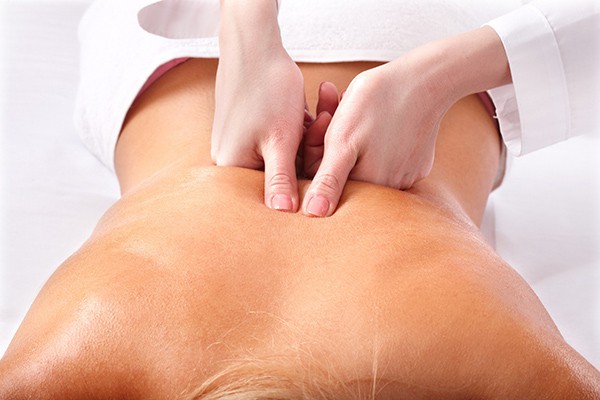For sure you’ve come across foam rollers, massage sticks, lacrosse balls, and other types of self-massage equipment in the gym, at home, or even at your friend’s house for that matter. These tools are usually used to help massage muscle parts that are feeling particularly sore and most would actually exclaim that they are quite good though a bit painful to use. Do you know why?
Why Self-Massage?
Self-massage or self-myofascial release is often used to treat pain in the myofascia which is basically the network of connective tissues that run through your entire body. It is the one responsible for holding your internal organs as well as muscles in place. If you have a health myofascial, the strain in your muscles will be distributed evenly so you don’t end up getting injured. However, if your myofascia gets damaged, the tension and strain will be taken up by the remaining web which can cause adhesions or weakness in other parts. Massaging damaged or injured myofascia areas is highly recommended.
Benefits of Myofascial Release
Doing self-massage or self-myofascial release can actually benefit you in more ways than one. Here are some well-known benefits of doing self-massage.
- Boost range of motion. Self-myofascial release is found to improve one’s range of motion without reducing activation or muscle force. The massage can actually help break up any adhesions that occur in the fascia so that the connective tissue and muscles can have more freedom to move.
- Retain normal muscle length. Another benefit to be gained from self-myofascial is relieving the tension in the network of connective tissue so that your muscles will go back to their original length. This, in turn, helps improve muscle function which is important in your everyday movement.
- Improve blood flow. Studies have shown that self-myofascial release can actually improve the function of your cardiovascular system. Massaging injured areas can actually help release the tension and knots that are preventing proper blood flow. By applying self-myofascial release, you are actually helping your muscle tissues to remain properly hydrated. This means that you will be able to heal faster especially after doing intense training.
- Promote better movement of the lymph. The lymph nodes play an important role in your immune system as they help fight any infection present in your body. Unfortunately, your lymph system needs pressure from movement to get the fluid in your body to start moving. This is where self-myofascial release comes in. As you massage your body, you are actually helping the flow of lymph as it travels back to your heart.
- Reduce soreness. Of course, doing self-massage is good for your connective tissues and muscles because it promotes better circulation. This helps in alleviating muscle soreness so you won’t have to deal with the pain for days.
